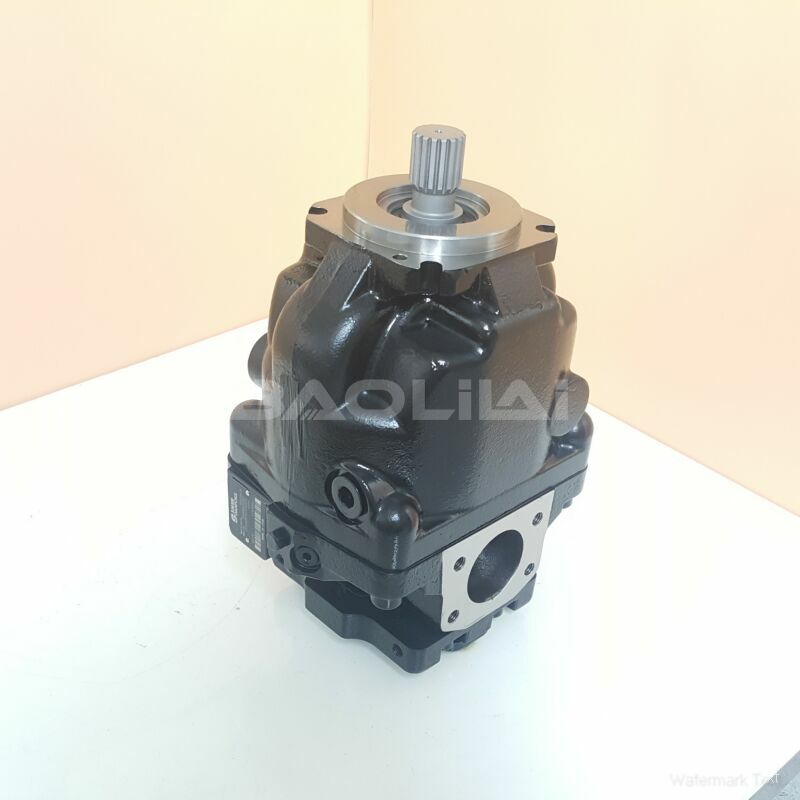ERR100BLS2520NNN3S2BPA1NAAANNNNNN piston pump
ERR100BLS2520NNN3S2BPA1NAAANNNNNN piston pump

- Product Details
- Applicable Scene
Polymer Coatings: In some cases, plunger pumps can benefit from polymer coatings that provide a barrier against corrosion. Materials like PTFE (Teflon) or PFA (perfluoroalkoxy) are excellent for protecting metal surfaces from aggressive chemicals. These coatings allow for flexibility in design, as they can be applied to various base materials, enhancing their resistance to wear and corrosion.
ER-R-100B-LS-25-20-NN-N-3-S2BP-A1N-AAA-NNN-NNN
ERR100BLS2520NNN3S2BPA1NAAANNNNNN
Titanium: Titanium is another exceptional material for high-corrosion applications. Its natural resistance to oxidation and many corrosive substances makes it suitable for challenging environments. However, titanium’s cost and the complexity of machining it can be drawbacks, limiting its use primarily to specialized applications.

83037694
Thermoplastics: For certain applications, thermoplastics such as PVC, PVDF, and polypropylene can provide excellent resistance to chemical corrosion. These materials are lightweight, non-corrosive, and can be used in low to moderate-pressure applications. They work well for transferring a wide range of aggressive chemicals safely.
In conclusion, the selection of plunger pump materials for high-corrosion environments requires careful consideration of the specific fluid, temperature, pressure, and other operational conditions. Stainless steel and high-performance alloys are often preferred for their durability and resistance to corrosion, while ceramics and polymers offer alternatives for specific corrosive situations. It is vital for engineers and designers to evaluate each application thoroughly to choose the most appropriate materials, ensuring the reliability and efficiency of the plunger pumps in demanding environments.





